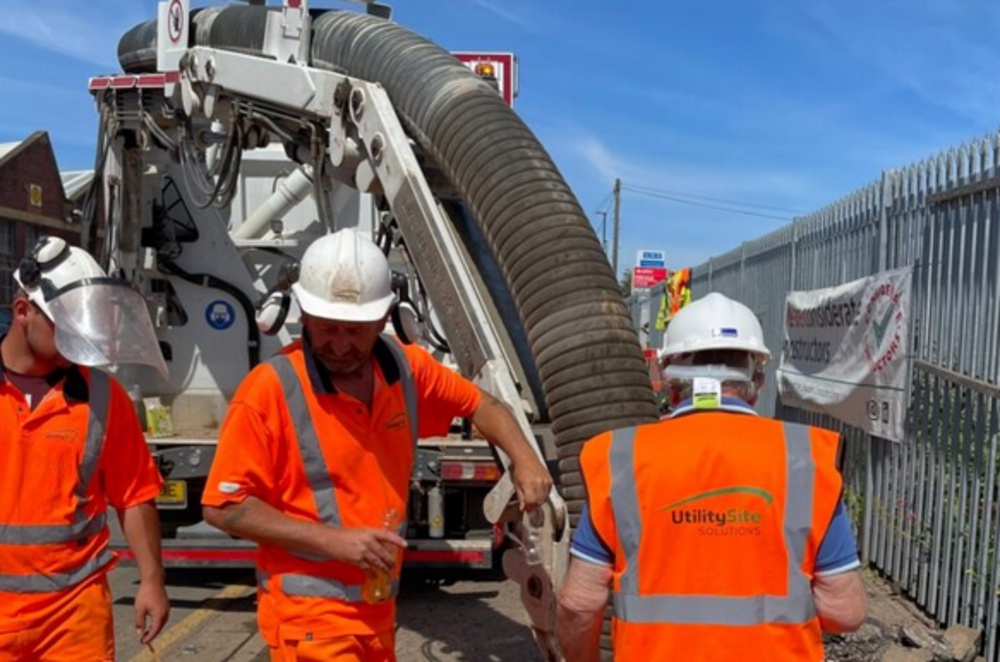Introduction
In the ever-evolving landscape of construction and infrastructure development, technological innovations play a pivotal role in reshaping traditional methods. Vacuum excavation has emerged as a groundbreaking technique, revolutionizing the way excavation is approached. This comprehensive guide delves into the impact of vacuum excavation in UK, shedding light on its applications, benefits, challenges, and the broader implications for the construction industry.
The Rise of Vacuum Excavation in the UK
Vacuum excavation, commonly known as suction or hydro excavation, has witnessed a notable rise in popularity within the construction sector in the UK. The method's effectiveness in safely exposing underground utilities and minimizing damage has led to increased adoption across various projects. As the construction industry seeks more sustainable and efficient practices, vacuum excavation has become a go-to solution for precision digging.
Applications in the UK Construction Landscape
-
Utility Excavation and Infrastructure Development: Vacuum excavation has proven invaluable in utility excavation projects across the UK. The precise and non-destructive nature of this method allows for the safe exposure of buried pipes, cables, and other essential infrastructure, reducing the risk of damage during construction or maintenance activities.
-
Urban Development and Environmental Remediation: In urban areas, where space is often limited and environmental considerations are paramount, vacuum excavation has found applications in environmental remediation projects. The ability to remove contaminated soil with minimal disruption to the surroundings aligns with the sustainability goals of many construction initiatives.
-
Potholing for Municipal Projects: Municipalities in the UK leverage vacuum excavation for potholing, a technique used to locate and expose underground utilities before undertaking construction or maintenance work. This method enhances the accuracy of project planning and execution, contributing to overall efficiency.
Benefits of Vacuum Excavation in the UK Context
-
Safety and Damage Prevention: One of the foremost advantages of vacuum excavation is its ability to enhance safety on construction sites. By precisely exposing underground utilities without causing damage, the risk of accidents and associated costs is significantly reduced.
-
Time and Cost Efficiency: Vacuum excavation often proves to be a more time-efficient and cost-effective alternative to traditional digging methods. The streamlined process, reduced manual labor requirements, and quicker project turnaround contribute to overall economic efficiency.
-
Environmental Sustainability: In a country like the UK, where environmental concerns are at the forefront of construction practices, vacuum excavation stands out for its environmental friendliness. The method minimizes soil disturbance and pollution, aligning with the nation's commitment to sustainable construction practices.
-
Preservation of Heritage Sites: In areas with historical significance, vacuum excavation offers a delicate approach to excavation, preserving the integrity of the site. This makes it a preferred choice in projects where heritage preservation is a key consideration.
Challenges and Considerations
-
Weather Dependency: Vacuum excavation may face challenges in adverse weather conditions, such as heavy rain or freezing temperatures. Proper planning and consideration of weather forecasts are essential to mitigate these challenges.
-
Operator Training and Skill: The efficient use of vacuum excavation equipment requires skilled operators. Adequate training programs are crucial to ensure operators understand the equipment's capabilities, limitations, and safety protocols.
-
Regulatory Compliance: Compliance with local regulations and safety standards is paramount. Ensuring that all necessary permits are obtained and adhering to guidelines for excavation near utilities is crucial to avoid legal complications.
Conclusion
As vacuum excavation continues to make its mark in the UK construction industry, its impact is evident in the improved safety, efficiency, and sustainability of excavation practices. From urban development projects to preserving the heritage of historical sites, the method has proven its versatility and reliability. By addressing challenges and adhering to best practices, the UK construction sector can fully harness the benefits of vacuum excavation, setting a precedent for safer, more cost-effective, and environmentally conscious excavation methods in the years to come.


No comments yet